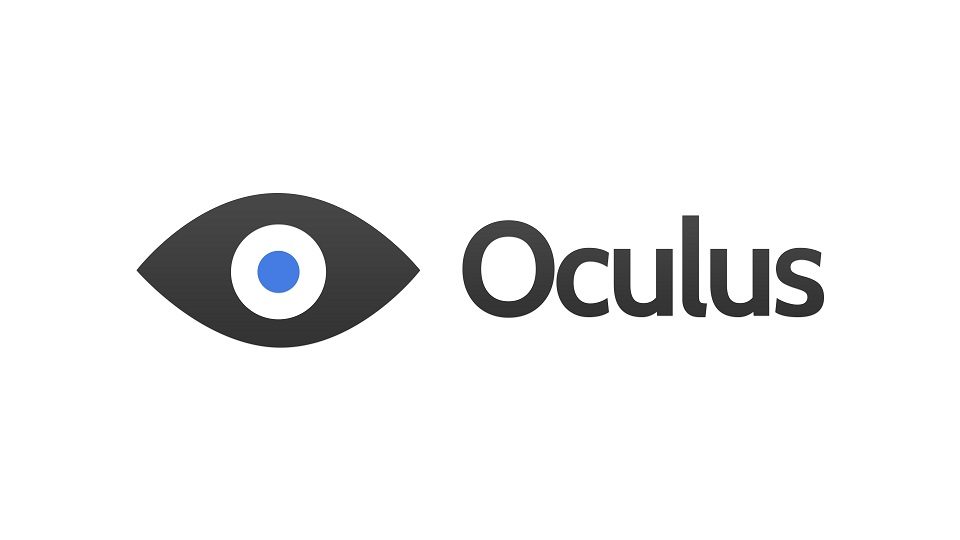 As we’ve written before, Unity was been the platform of choice for most VR development from the very beginning of Oculus VR’s release of the original development kit (DK1). Which subsequently means there is a lot of Unity based games and demo out there. Therefore, the latest Unity SDK Integration update from Oculus which claims to fix judder is very welcome indeed.
As we’ve written before, Unity was been the platform of choice for most VR development from the very beginning of Oculus VR’s release of the original development kit (DK1). Which subsequently means there is a lot of Unity based games and demo out there. Therefore, the latest Unity SDK Integration update from Oculus which claims to fix judder is very welcome indeed.
Unity Free and Pro Get SDK Update
It looks as if Oculus are making really getting to grips with the myriad challenges that faced their teams with the introduction of the DK2. SDK 0.4.0, the first to support the new headset, shifted gears to a structure more resembling that which would be required for a retail release for the Oculus Rift. It introduced a runtime component (system drivers and control service) alongside the SDK. However, it’s been a long road to resolving issues with both the Direct to Rift and Extended modes offered by the runtime. These issues mainly revolved around judder, a stuttering effect when moving your head around in a VR application.
Oculus have just released an SDK update for Unity Free and Pro which includes some improvements, most notable of which is a judder fix for D3D11 based games. Here’s the full list:
- Fixed judder in D3D11 extended mode on Unity 4.5.5p3 and up.
- Added loud diagnostic message for configurations that are expected to judder.
- Reduced locking to improve performance
- Made OVRManager.resetTrackerOnLoad work
- Fixed 4.6 and 5.0 beta support
- Fixed gamepad button naming
- Fixed positioning of OVRCameraRig (was putting eyes where collarbone should be)
Technolust developer Blair Renaud (aka anticleric) was quick to post an update on the subreddit /r/oculus claiming immediate improvements to his title:
Technolust runs like a dream on this. Sweet sweet jitter free VR. How I missed the. Great job guys.
So it all looks very promising, but we’ll need to wait until developers working with Unity update their applications and games to see the benefits ourselves.
If you’re a developer, have you found any improvements in performance? Let us know in the comments below.






